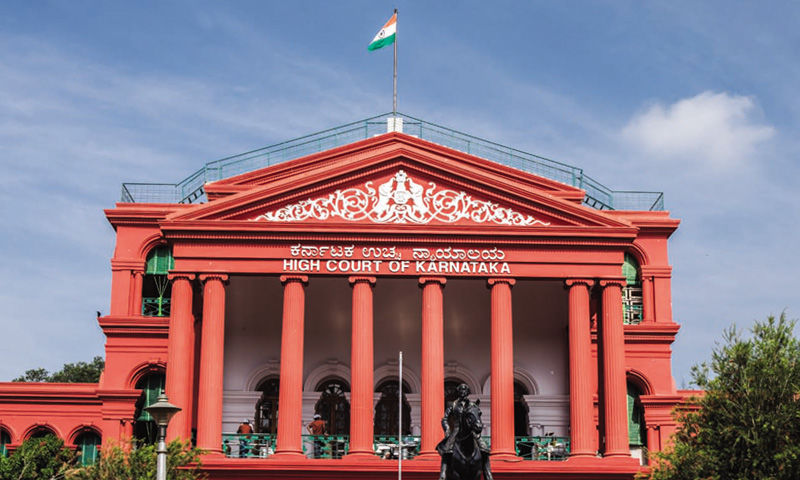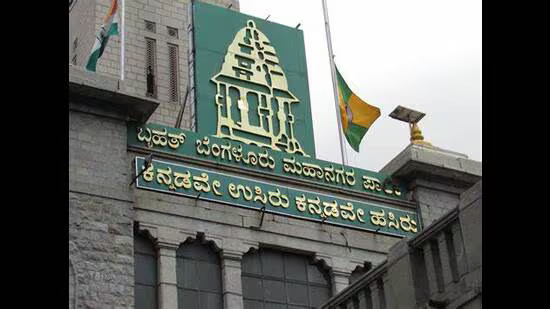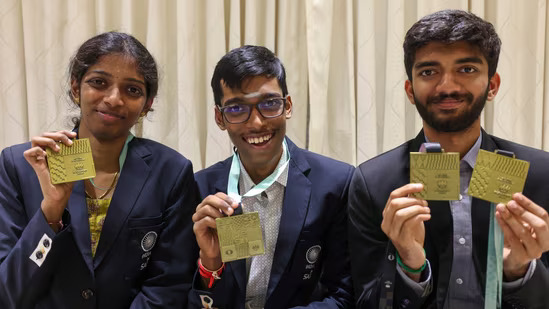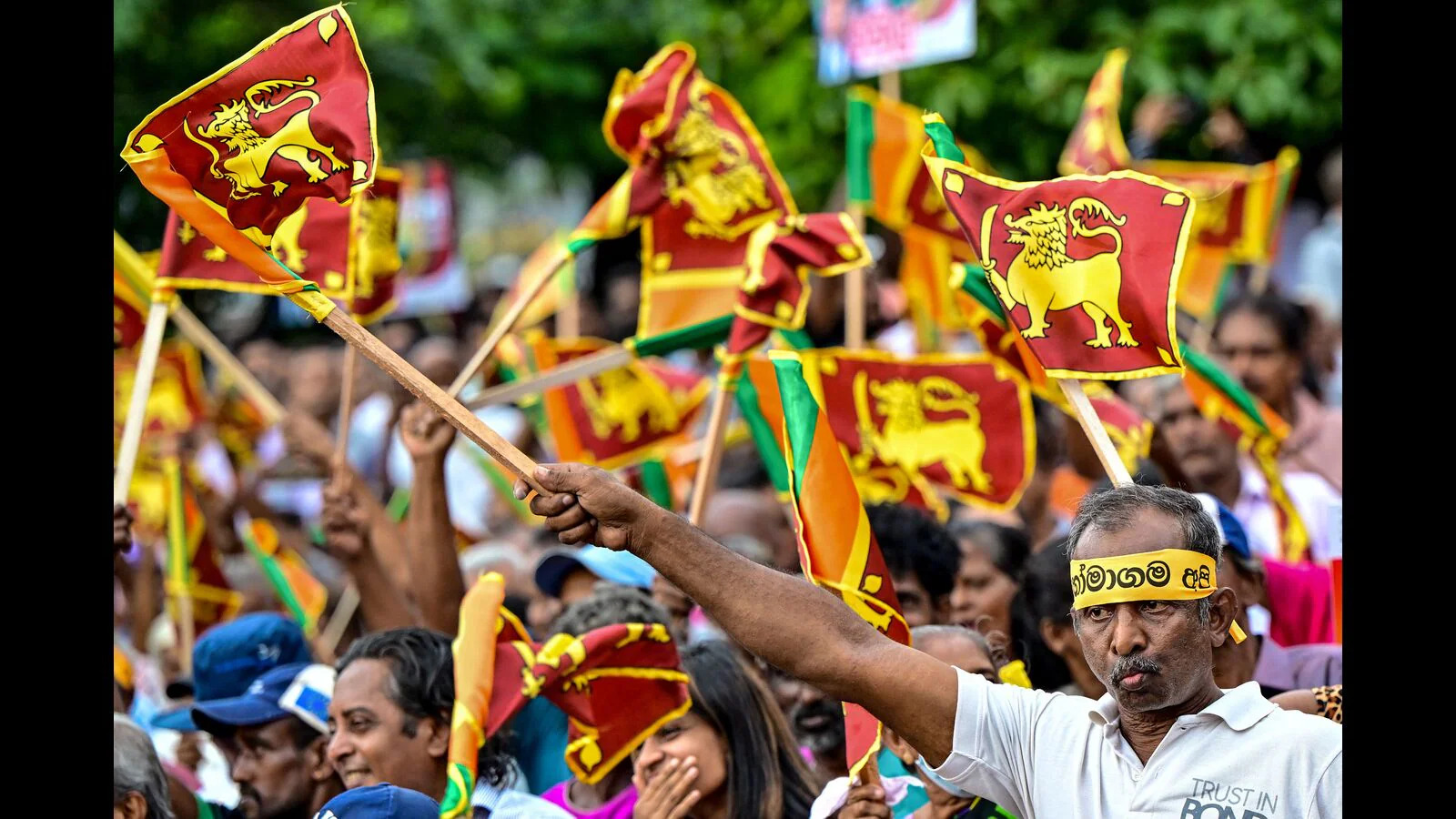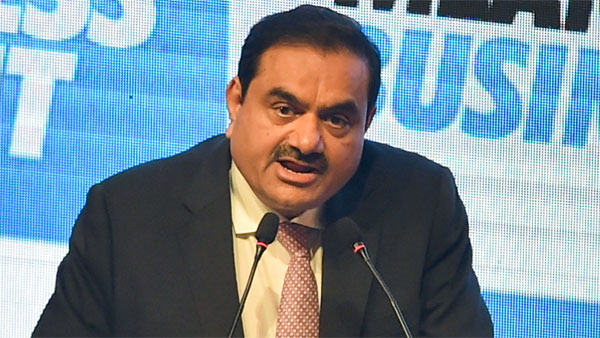
BJP-ruled states favour Adani for bids?
As the opposition political parties cry foul on the favouritism shown towards the Adani group and its alleged role in money laundering via shell companies, post the Hindenburg reports, the BJP-led governments in two states have allegedly blatantly favoured the Adani group by issuing power tenders with strikingly similar bidding criteria. Maharashtra and Rajasthan have in quick succession issued tenders calling for power producers who could supply electricity for 25 years. A key criterion in both the tenders was that the producer should have the capability to supply power generated from both solar and thermal power plants together, RTI documents have revealed.
The group has already bagged one contract and is the frontrunner for the other. The massive contracts bind states to buy power for 25 years. By introducing the bid specification that only power producers who can generate mammoth thermal and solar capacity in tandem can compete, the two state governments reportedly paved the way for the Adani Group. Maharashtra put out a bid for 6,600 MW, with 5,000 MW of that coming from solar and the rest from coalbased power. Next, Rajasthan put out a bid for 11,200 MW, with 8,000 MW being generated from solar sources and the rest from coal. Interestingly, besides Adani Group, only a few companies operate at that scale in both solar and thermal power generation in India. Though the tender has not been finalised yet in Rajasthan, Adani Group is a frontrunner.
In the past, a power producer was expected to deliver electricity either from a coal-fired or a renewable source, but the criterion that requires producers to bundle electricity generated from different sources is reportedly new in the energy sector. The two BJP-governed states’ decision to introduce the twin-source criterion in the bidding process has disadvantaged other players in the renewable energy sector thus disallowing a level playing field. Restricting competition in the power sector may potentially lead to higher electricity costs for people. The thumb rule in awarding any government contract is that competition must be encouraged, any such move by a government that favours some players over others by tailoring unique standards and technical conditions can be best termed as cronyism. The Supreme Court judgments too, had made it clear that the government should ensure maximum competition to arrive at the best possible price for any asset that’s being procured or auctioned off.
This is in tandem with Adani Group’s plans to set up new thermal power units in three states – each of 1,600 MW capacity and source solar power from the world’s largest renewable energy park in Gujarat’s Kutch district that began production early this year. Rajasthan’s tender required that the winning bidder provide 3,200 MW of thermal power and 8,000 MW of solar electricity in a bundle. And, the power plants should be set up within the state boundary. As a matter of strange coincidence, just before the tender was issued, Adani Group had begun the process to secure a green nod to expand its existing thermal power plant by 3,200 MW in Kawai village in Baran district of Rajasthan. Similarly, it had also signed an MoU with the government to develop a solar park in the state. The BJP-ruled state governments’ bonanza to Adani, once again points the finger of suspicion on the alleged close ties between Prime Minister Narendra Modi, and the billionaire.
 English daily published in Bengaluru & Doha
English daily published in Bengaluru & Doha

